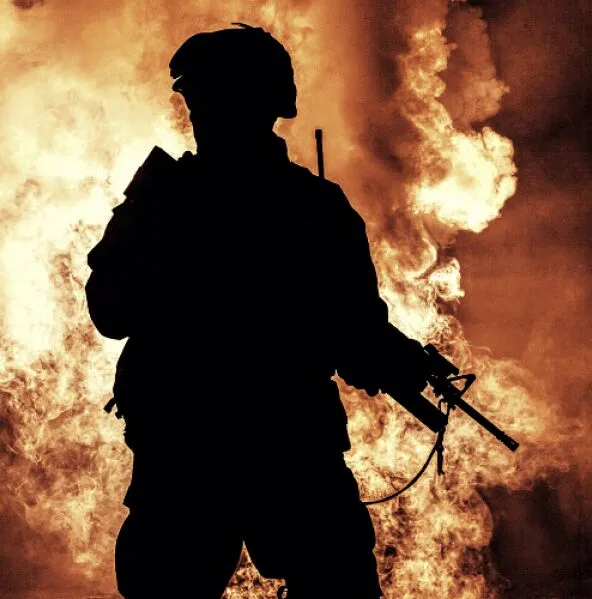A Detailed Look at UCMJ Punitive Articles: What Every Service Member Should Know

The UCMJ punitive articles are the heart of the Uniform Code of Military Justice, laying out the criminal offenses for which military personnel can be charged. These articles define and regulate conduct in the armed forces, ensuring discipline, accountability, and operational readiness. For every service member, understanding these punitive articles is essential not only to avoid misconduct but also to be aware of the legal protections in place.
What Are UCMJ Punitive Articles?
The Uniform Code of Military Justice (UCMJ) includes a wide range of provisions, but only some are classified as punitive articles. These are found in Articles 77 through 134 and identify specific offenses that are considered crimes under military law. Violations of these articles can lead to serious consequences, including confinement, reduction in rank, forfeiture of pay, or even dishonorable discharge.
Some of the most commonly applied UCMJ punitive articles include:
- Article 86 – Absence Without Leave (AWOL)
- Article 91 – Insubordinate Conduct Toward a Warrant, Noncommissioned, or Petty Officer
- Article 92 – Failure to Obey Order or Regulation
- Article 107 – False Official Statement
- Article 120 – Sexual Assault and Rape
- Article 121 – Larceny and Wrongful Appropriation
- Article 128 – Assault
- Article 134 – The General Article (covers offenses not specifically mentioned but prejudicial to good order and discipline)
Each article outlines the elements of the offense, the required intent or behavior, and possible punishments if convicted.
Purpose and Importance of Punitive Articles
The UCMJ punitive articles serve multiple critical functions within the military justice system. First, they act as a deterrent against criminal behavior, helping maintain the high standards expected of service members. Second, they provide commanders with clear legal tools to address misconduct swiftly and effectively. Lastly, they reinforce the values of discipline, respect, and duty that are essential to military cohesion and effectiveness.
Because military members often operate in high-stakes, high-stress environments, the enforcement of these articles ensures that misconduct doesn’t compromise safety, mission success, or the chain of command.
Rights of the Accused Under UCMJ
Despite the rigid structure of the UCMJ punitive articles, service members still have significant legal protections. These include:
-
Right to Remain Silent – Under Article 31(b), service members must be informed of their right not to incriminate themselves.
-
Right to Counsel – The accused can request a military defense attorney or hire civilian legal counsel.
- Right to a Fair Trial – Punitive offenses are tried in court-martial proceedings, which include procedural safeguards and evidence rules.
These rights are vital, especially when facing charges under severe articles like Article 120 (sexual assault) or Article 121 (larceny), which carry serious penalties.
Consequences of Violating Punitive Articles
Being found guilty of violating a UCMJ punitive article can have long-term effects on a service member’s military career and future civilian life. Punishments may include:
- Confinement in military prison
- Dishonorable or bad-conduct discharge
- Loss of veteran benefits
- Permanent criminal record
The impact of such consequences makes it critical for service members to understand these articles and seek legal representation if accused.
Conclusion
The UCMJ punitive articles are essential to upholding justice, discipline, and order within the military ranks. They serve as both a code of conduct and a legal framework for dealing with criminal offenses in the armed forces. For service members, knowing what these articles entail—and what rights they have when accused—is vital for maintaining both their freedom and their future.
Whether you're a new recruit or a long-serving member of the military, staying informed about UCMJ punitive articles helps you navigate your duties responsibly and protects you from legal pitfalls. If you ever find yourself under investigation or facing charges, consult a knowledgeable military defense attorney to ensure your rights are protected every step of the way.
Note: IndiBlogHub features both user-submitted and editorial content. We do not verify third-party contributions. Read our Disclaimer and Privacy Policyfor details.











